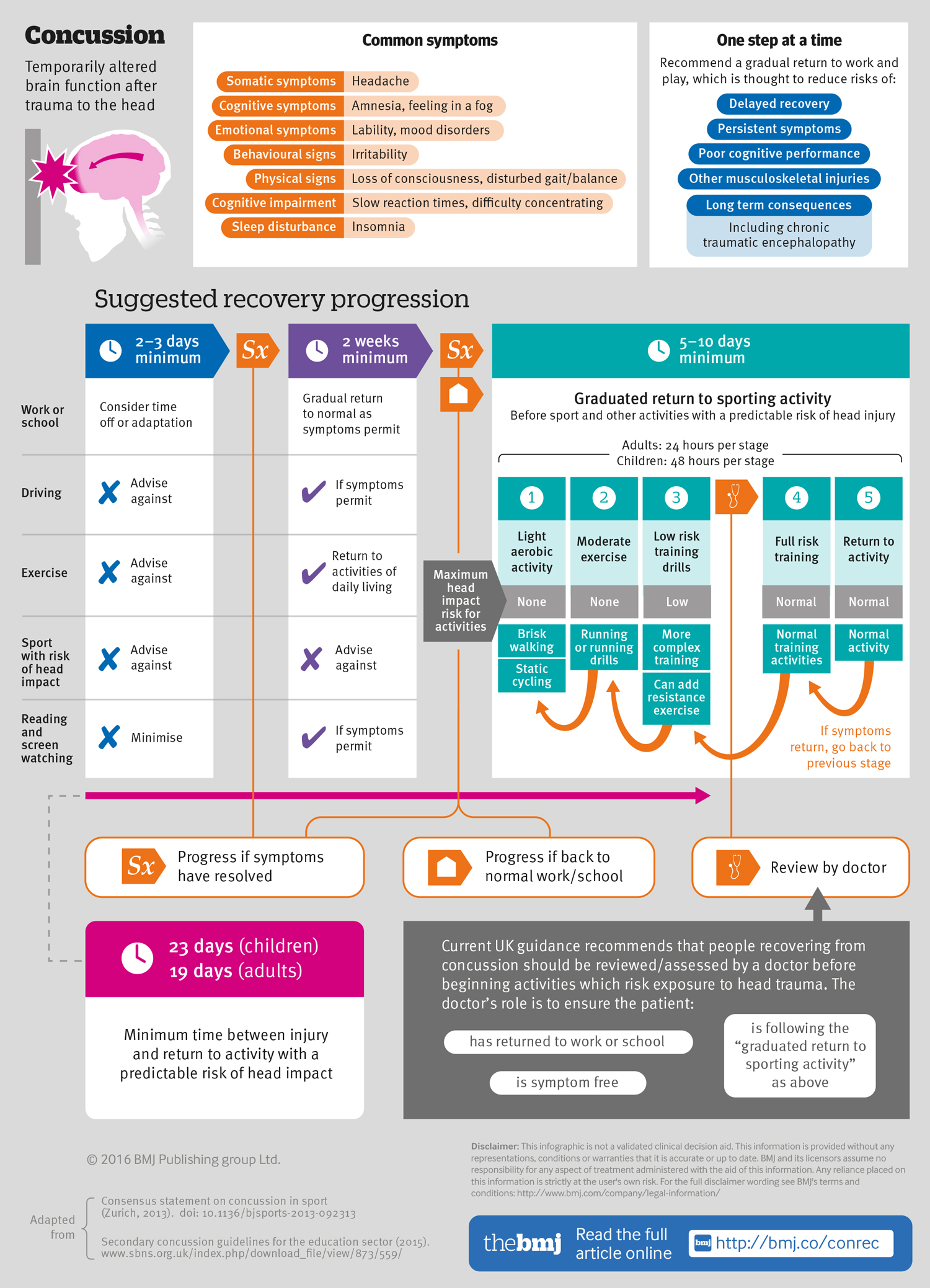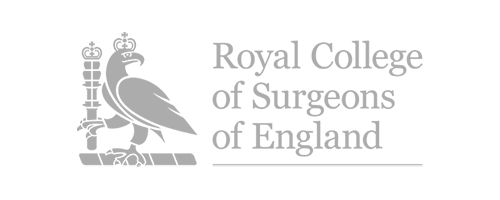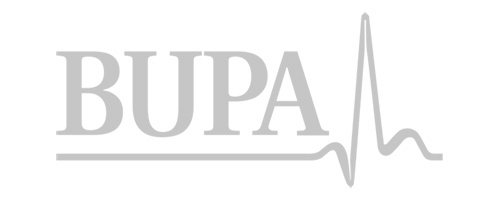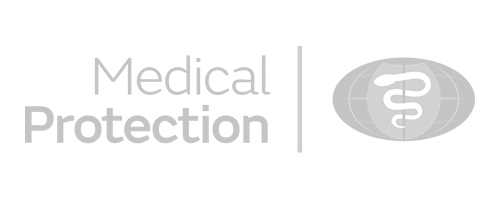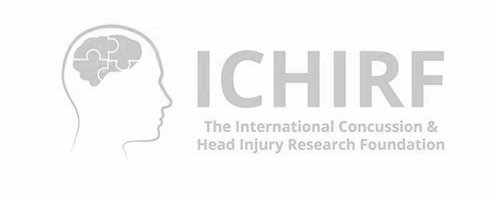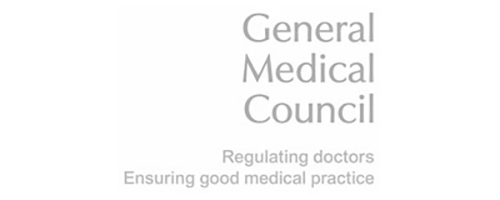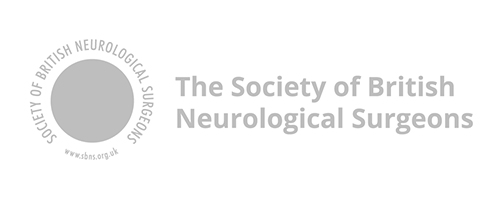SPORTS INJURY & CONCUSSION
SPORTS CONCUSSION
Concussions are traumatic brain injuries. They occur in a wide range of sports and affect athletes at every level, from amateurs to professional athletes.
Sports concussion has become a significant problem. In recent years, it has made headlines with reports about the consequences of returning to play too soon, as well as research findings on the long-term effects of the injury. Recognizing concussion and providing proper treatment is especially important for younger athletes because it typically takes them longer than adults to fully recover.
In addition, coaches, parents, and school administrators must be aware that concussion causes a wide range of symptoms and can interfere not only with sports participation, but with school and social relationships. Most athletes will fully recover from concussion, and understanding the varied symptoms can help with the healing process.
Despite many attempts by experts, there is no clear definition of concussion. It is uncertain whether any damage to the brain occurs from a concussion. Imaging tests, such as computed tomography (CT) scans and magnetic resonance imaging (MRI) scans, typically do not detect any brain damage — such as bruising or bleeding — in concussion patients.
However, a concussion does temporarily impair how the brain functions and processes information. For example, after a concussion, a patient may have difficulty with balance and coordination, memory, and speech.
Concussion symptoms are typically short-lived. Most people recover within 7 to 10 days. Unfortunately, once an athlete has sustained a concussion, they are at greater risk for additional concussions. Repeat concussions can have long-term consequences, so prevention is essential.
Symptoms of Concussion
Because of the potential long-term consequences of sports concussion, it is important that athletes, coaches, and parents know as much as possible about how to recognize them. Symptoms are not always obvious. Although it is commonly assumed that concussions cause loss of consciousness, many people with concussions have not been “knocked out.”
Concussion can cause a variety of symptoms. These may appear right away or may be delayed for several days after the injury. Some symptoms are physical, such as drowsiness. Others are cognitive, like memory loss. In many cases, people with concussions are more emotional than usual.
The most common symptoms of concussion include:
- Drowsiness
- Headache
- Loss of consciousness
- Memory loss
- Irritability
- Confusion
- Balance problems, dizziness
- Sensitivity to light (photophobia)
- Difficulty speaking and communicating
- Difficulty maintaining mental focus
- Depression
- Nausea and vomiting
- Changes in sleep patterns
Diagnosing a Concussion
A concussion can be quickly diagnosed during a doctor’s examination. During the evaluation, he or she will ask questions about the injury and how it occurred. They may ask how severe the force was and whether you lost consciousness or had memory loss after the blow. It is especially important that you tell your doctor about any previous concussions you have had.
Your doctor will most likely perform a neurological examination, which tests for balance, coordination, vision, hearing, and reflexes.
Treating Concussion
The key to healing from a concussion is relative rest. This includes not just physical rest, but mental rest, as well. Reading, computer work, video games — even television — should be in moderation until all symptoms have resolved.
Previous concussion treatment was “cocoon treatment,” in which the athlete was completely shut off from activity. However, this approach has been shown to be less than optimal. Now, within 2 to 3 days, most people are started on subthreshold aerobic exercises — supervised exercises that do not aggravate symptoms — with a gradual increase in intensity as tolerated, as long as symptoms do not worsen. Examples of subthreshold aerobic exercises include walking, jogging, or riding a stationary bike. Clinical research now supports that active rehabilitation can both speed recovery and improve mental health. The key is letting symptoms guide treatment.
Returning to Sporting Activity
Getting back into the game too soon puts you at risk for another concussion.
If you suffer a repeat concussion before your first concussion heals, it may take much longer for your symptoms to resolve and you may have long-term problems, such as learning difficulties or chronic headaches. Although it rarely happens, repeat concussion can cause permanent brain damage and even death.
RECOMMENDATIONS
Medical Institutions widely recommend that young athletes with concussions be evaluated and cleared by a doctor before returning to sports. Neurologists offer a similar recommendation, and stresses that doctors who clear athletes for return to sports should be trained in managing and assessing sports concussions.
BASELINE EVALUATIONS
Because it is difficult to determine when a concussion has fully healed, baseline neurocognitive evaluation is an important tool for assessing whether it is safe for an athlete to return to play. Before the sports season starts, each athlete takes a computerized test that measures brain functions, such as memory and reaction time. If an athlete later has a concussion, post-injury tests can be compared to the baseline evaluation to measure the severity of the concussion and help doctors monitor healing.
In addition, pre-season evaluations can help identify athletes who have had previous, unrecognized concussions and who are at risk for repeat concussions. For example, past injuries to the face or neck may have been accompanied by an unrecognized concussion.
Prevention
Although injury prevention begins with proper equipment, there is no such thing as a concussion-proof helmet. It is therefore essential for young athletes to be trained in safe sports technique and to follow the rules of the game.
To get back into the game, many athletes will downplay their symptoms. Understanding the long-lasting consequences of repeat concussion is an important part of prevention. Several medical and sports organizations have recently developed concussion awareness programs for athletes, coaches, and parents. These educational programs play a critical role in helping to recognize concussions and prevent repeat injury.


